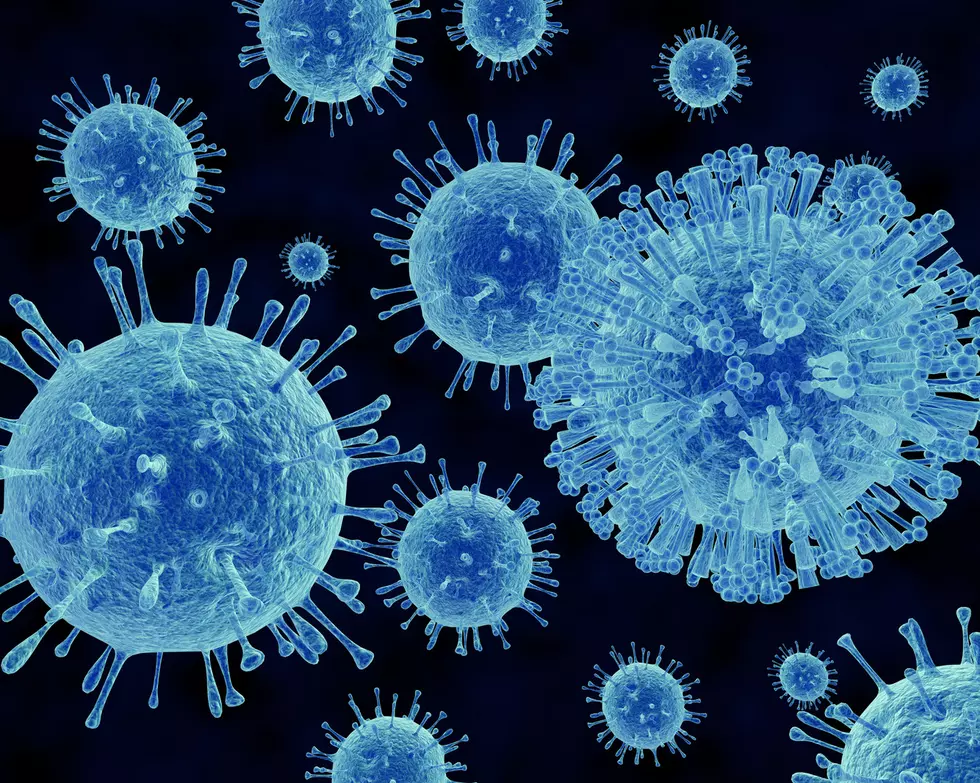
What’s the next pandemic? Rutgers team working to stop it before it starts
It's hard for a pandemic to occur if drugs for adequate treatment of the disease are already widespread.
At least that's the hope behind a nationwide project that includes a team of researchers at Rutgers University, which is in line to receive up to $3.8 million from the National Institute of Allergy and Infectious Diseases to stop future pandemics before they start.
"Unfortunately, there are actually dozens of viruses with pandemic potential," Eddy Arnold, a resident faculty member at the Center for Advanced Biotechnology and Medicine, told New Jersey 101.5. "So, the best thing to do ... is spread out efforts on the most dangerous of these viruses."
Among that list are well-known threats, such as coronaviruses, influenza, West Nile, Zika, and Ebola. Certain viruses, like Ebola, Arnold noted, can kill half of the people they infect.
"The problem is that people usually only work on these things after they've already hit," he said.
Arnold was involved in the creation of some of the most important drugs that fight HIV.
The Rutgers research group is teamed up with partners at the University of North Carolina at Chapel Hill, and the University of California, San Francisco, to develop novel agents. NIH has $600 million earmarked for the national initiative.
"In general terms that will make extremely difficult tasks sound easy, first, you learn which component parts make up a virus, what shapes they assume and how they perform all the actions the virus needs to function," said CABM Director Martin Blaser. "You do this to find 'targets,' places where a chemical agent could bind with the virus, block some key function, and kill the virus — without doing the same things to healthy cells in the patient."
New Jersey has recorded more than 2.3 million positive COVID-19 cases since March 2020, along with nearly 35,000 confirmed and probable deaths related to the virus.
Dino Flammia is a reporter for New Jersey 101.5. You can reach him at dino.flammia@townsquaremedia.com
Click here to contact an editor about feedback or a correction for this story.




